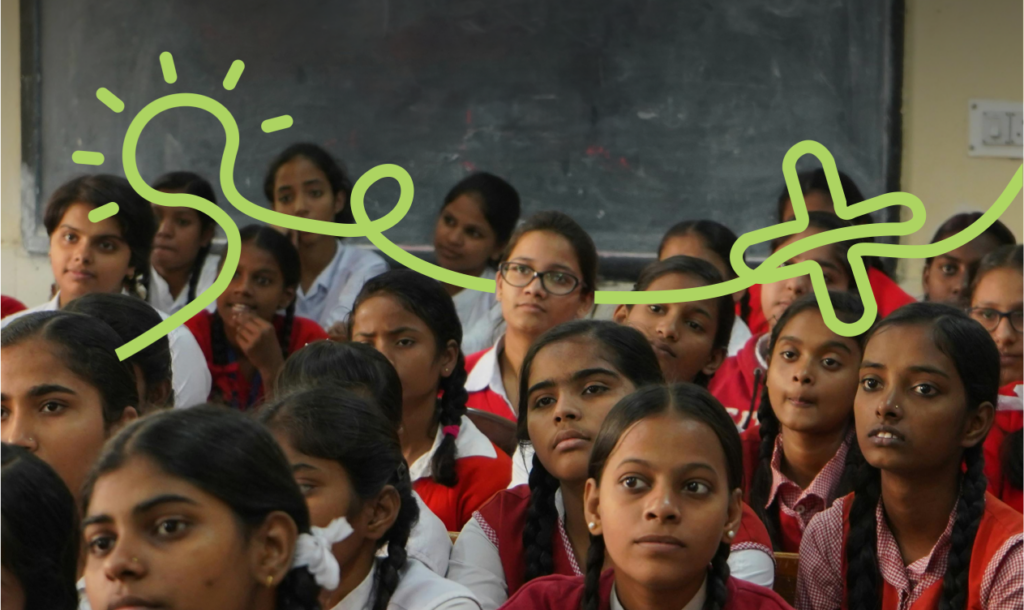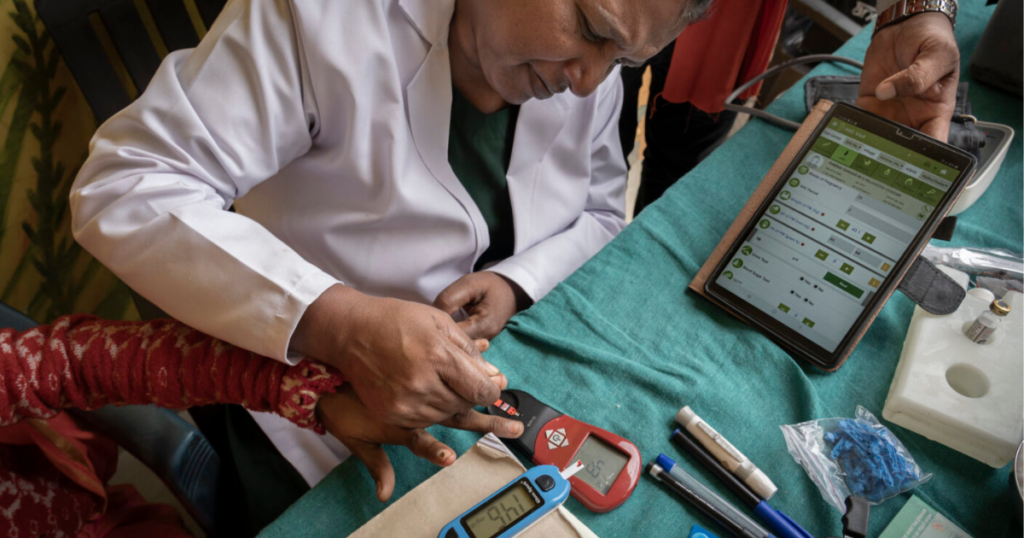Entrepreneurship offers a fertile ground for improving women’s labour force participation in India, where female workforce engagement has traditionally been low. However, persistent challenges faced by women entrepreneurs demand attention. By addressing these obstacles, we can unlock a future where millions of women can thrive, contribute to the economy, and contribute to a more inclusive and vibrant India.
The challenges faced by women entrepreneurs are multifaceted – limited access to resources, legacy issues in the markets, sociocultural barriers, and gaps in ecosystem efforts to provide targeted knowledge and capability support. Bridging these requires reimagining and reorienting the way the ecosystem designs women economic empowerment initiatives or programmes. This perspective draws from real-world experiences of six civil society organisations (CSOs) and social enterprises – PRADAN, Udyogini, Industree, Pollinate Group, TIDE and Mann Deshi – who achieved success by fostering an environment for women to be creative, entrepreneurial and secure a strong place in the value chains. While the majority of the efforts documented promoted the collective power of women, there are learnings to improve support to individual women entrepreneurs as well. For instance, by understanding how these organisations helped women with limited education integrate into corporate value chains such as Ikea, or integrate in a highly competitive and fragmented lacquer value chain, a lot can be learnt on delivery mechanisms, as well as capability – and ecosystem-building.
The success of these interventions indicates three critical levers which should be considered while designing women entrepreneurship programmes:
- Building entrepreneurial capability and adoption of innovation to drive competitiveness
of the businesses: Building a competitive advantage for women entrepreneurs is essential. This includes actively supporting WEs with the innovations in product/services and technological advancement within the industry, value chains and strengthening their entrepreneurial capabilities. - Patient support to enterprises: WEs need more patient support and investment through the lifecycle of an enterprise – from inception, linking with the market, and investing for future growth. This can even include supporting the entrepreneur in developing technical skills to better respond to the market, or tertiary education which significantly strengthens their ability to engage with the ecosystem.
- Advancing a gender-responsive ecosystem for entrepreneurial activity, enterprise
promotion and development for policies, support systems such as financing, ensuring priority sector lending targets are met, and equipping the WEs with tools, capabilities to drive innovation and engage in the markets.
Philanthropy can demonstrate that investing in human capital and entrepreneurial capabilities of women and their enterprises can accelerate economic development, thus expanding opportunities for them in mainstream value chains. The ecosystem should support newer markets for women entrepreneurs, strengthening women-led enterprises and facilitating business for women. Including women in value chains can improve productivity by 40%. Hence investing in WEs is a strategic investment which can lead to wins not just limited to company profits and brand, but can also lead to markets becoming more responsible, and value chains more competitive. By leveraging their diversity, equity and inclusion, and supplier diversity initiatives, industries can maximise the impact, accelerate entrepreneurship amongst women and play a significant role in enabling inclusive growth.
Authors: Tripti Naswa, Sadhana Sanjay, and Riya Chainani




